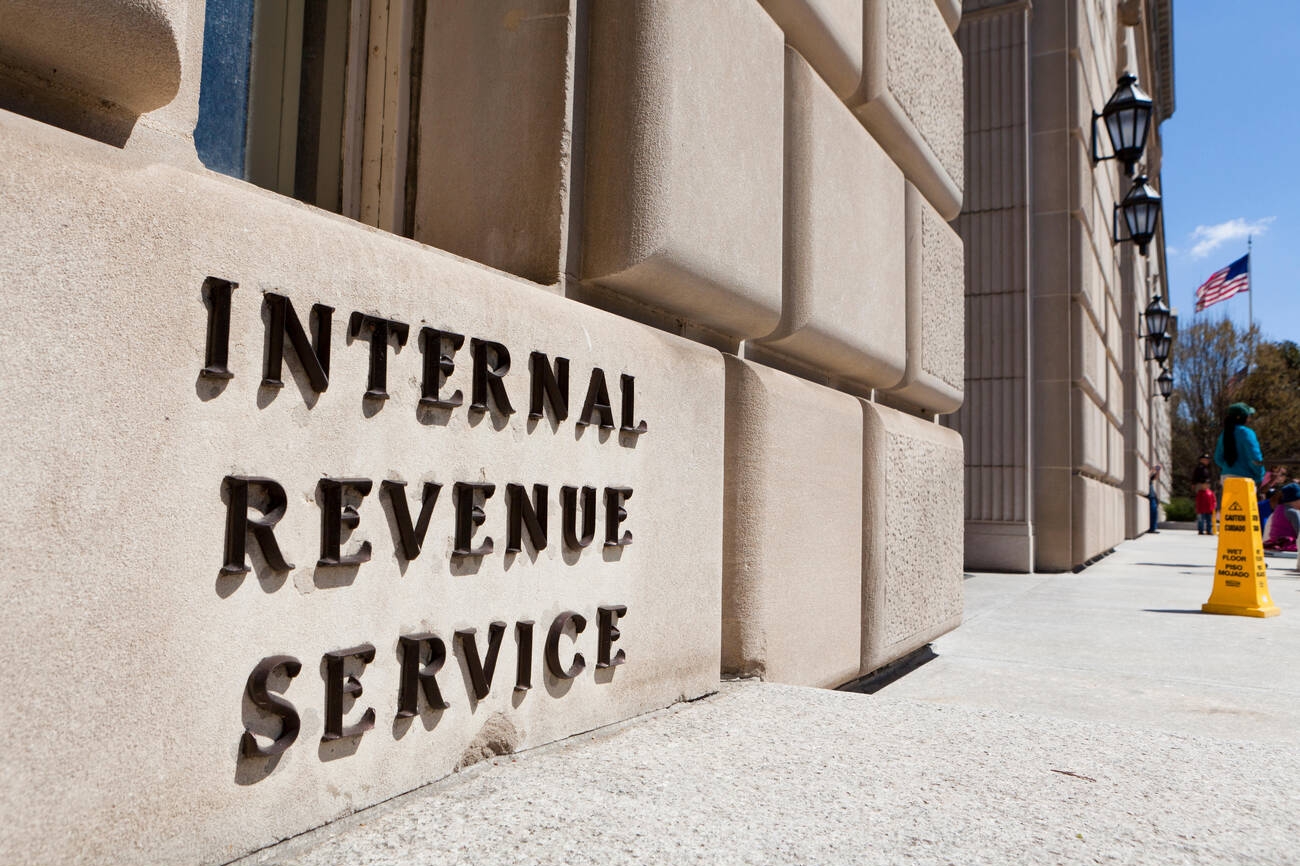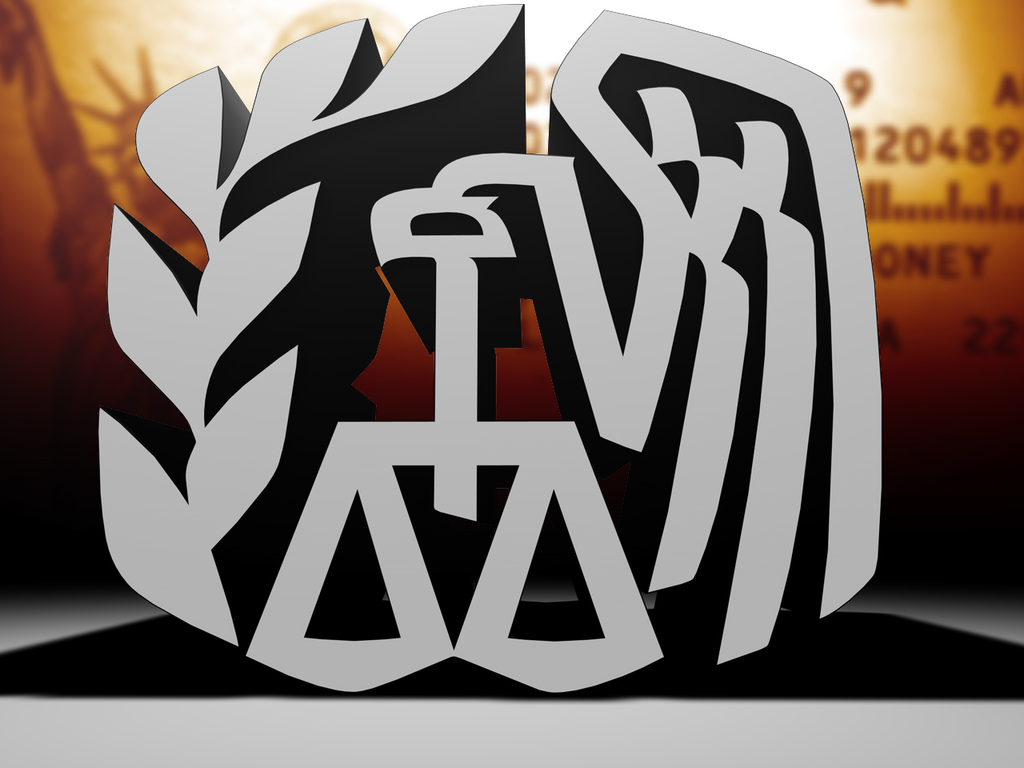May 27–With the IRS scandal over targeting conservative groups still simmering, two senators — one from each party — say the time is ripe to push the beleaguered agency to go after a real, proven target: federal employees who are tax cheats.
Sens. Tom Coburn, Oklahoma Republican, and Mark L. Pryor, Arkansas Democrat, have introduced a bill that would allow federal agencies to fire any employee with “seriously delinquent” tax debt — outstanding debt for which a notice of lien has been filed in public records. Anyone with unpaid federal taxes — which could include hundreds of thousands of government and Postal Service workers on the federal payroll — would be ineligible for employment with the federal government.
Exceptions would be made for tax debt being repaid pursuant to an agreement with the Internal Revenue Service and tax debt subject to a collection due-process hearing.
“Instead of using the power of the state to silence and intimidate political opponents, the IRS should be focused on collecting taxes from people who are delinquent,” said Mr. Coburn, referring to recent revelations of the improper IRS targeting of tea party and other conservative groups seeking tax-exempt status from 2010 to 2012.
The Republican lawmaker said that while most federal employees are “hard-working and responsible citizens,” it’s wrong to force law-abiding taxpayers to fund the paychecks of a minority of federal workers who “don’t feel like paying their taxes.”
Mr. Pryor added that the “common-sense bill” is needed in today’s wobbly economy to “ensure that we’re getting the most bang for our buck.”
Almost 312,000 current and former federal employees owed more than $3.5 billion in unpaid federal taxes as of 2011, according to the most recent IRS data. That is a 11.5 percent increase in the delinquency rate of federal employees compared with 2010, which also was up from the previous year.
The 2011 figure included more than 107,000 current civilian federal employees who owed more than $1 billion in unpaid taxes, and almost 142,000 military and civilian retirees who owed $2.1 billion.
As of 2011, the Health and Human Services Department had a delinquency rate of 4 percent, as 3,454 employees owed the government $44.6 million. Also, 688 House and Senate employees owed more than $10 million back taxes, while 40 employees in the Executive Office of the White House owed $333,485.
Other tax cheat examples as of 2011 include:
— 22,404 Postal Service employees owed more than $215 million in back taxes.
— 2,552 Justice Department employees owed more than $20 million.
— 2,453 Social Security Administration employees owed more than $22 million.
— 328 Smithsonian Institution employees owed more than $3 million — a delinquency rate of more than 6.6 percent.
While delinquent tax debt is grounds for termination for IRS workers, not all federal agencies have adopted such a policy.
Mr. Coburn and Sen. Claire McCaskill, Missouri Democrat, introduced an identical bill last year, but Senate Majority Leader Harry Reid, Nevada Democrat, declined to bring it to the floor.
Mr. Coburn has proposed additional legislation that would bar tax evaders from receiving government assistance — including grants, contracts, loans and agriculture-related tax credits.
He has submitted the measure as an amendment to the Senate’s $955 billion farm bill — a measure that includes agricultural subsides and the food-stamp program. A vote is expected in the coming weeks.
—————–
Copyright 2013 – The Washington Times
Thanks for reading CPA Practice Advisor!
Subscribe Already registered? Log In
Need more information? Read the FAQs
Tags: IRS



